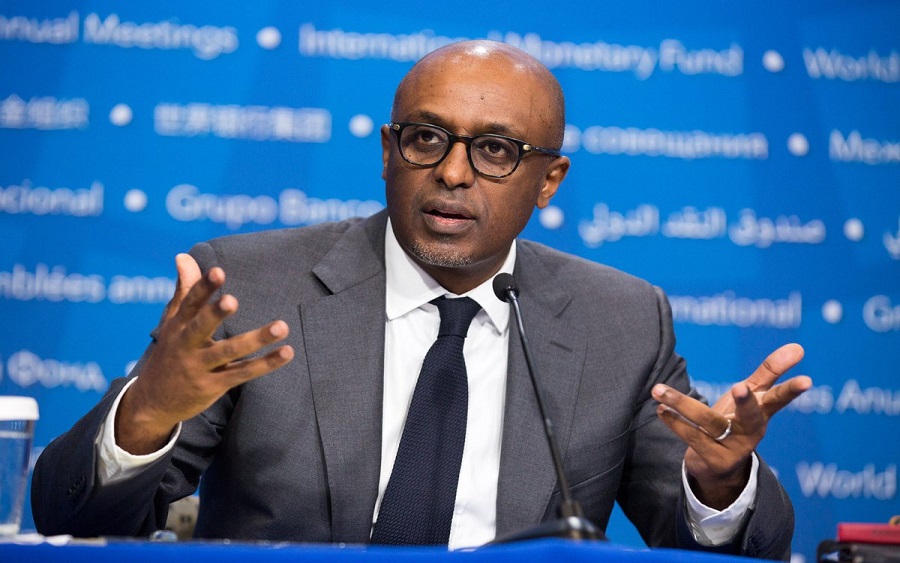The International Monetary Fund (IMF) has urged Nigeria not to over emphasise and place undue aggression on its tax collection drive as businesses and households grapple with the effect of the Coronavirus pandemic.
Instead, it advised the federal government to continue to push for policies that are supportive of its citizens, even as it commended the monetary policies initiatives that have been introduced by the Central Bank of Nigeria (CBN) to cushion the impact of the pandemic on the people.
The Director of the IMF’s African Department, Mr. Abebe Selassie, said this yesterday during a media briefing on the latest Regional Economic Outlook for Sub-Saharan Africa, held in Washington.
Selassie said: “Nigeria is an oil exporting country; so, the impact of the pandemic is being compounded by the sharp decline in oil prices. We are projecting that Gross Domestic Product (GDP) growth would contract around 5.4 per cent this year; so, it’s a very significant hit to income.
“It will be very important to have very nimble policy response to ensure that the hit to the economy is not compounded by policy challenges.
“This is not the time to be aggressively introducing new tax measures but there is a long-standing challenge on the fiscal side of needing to have sufficient resources generated by the government from non-oil sources to provide investments in health, education, and infrastructure. So, there is that long-term agenda that needs to be addressed. Right now, fiscal policy can be supportive and needs to be supportive.
“On the monetary and exchange rate front, there is a response that will facilitate the much-needed adjustment of the economy to these real shocks. Our projection of -5.4 per cent is contingent on an in-built policy response and avoiding some of the challenges that were experienced when oil prices declined in 2016 causing GDP to be depressed for an extended period.
“Subject to a flexible and nimble policy response, we expect that there would be some recovery but this year would be a difficult one for the country.”
Selassie, however, lauded sub-Saharan African countries for acting swiftly and aggressively to support their economies.
He added: “Monetary and prudential policies have been eased, with countries adopting a mix of reduced policy rates, added injections of liquidity, greater exchange-rate flexibility and a temporary relaxation of regulatory and prudential norms, depending on country circumstances.
“On the fiscal side, however, responses have often been more constrained. Even before the crisis, debt levels were elevated for many countries in the region.












When applause travels faster than hunger